Why is Two Factor Authentication (2FA) Important?

Why is Two Factor Authentication (2FA) Important?
By: Sam Geary, Marketing Executive
Technology is becoming a larger part of our everyday lives and it’s important that all individuals and businesses protect themselves online. While having a strong password with capital letters, numbers and other characters used to be enough, we’re now moving into an age where cyber security isn’t protected by passwords alone.
Hackers are becoming more savvy and 90% of passwords only take 6 hours to crack, even if they’re listed as strong. Plus, it’s a strong possibility that you use your password for multiple different websites. Meaning that if your password gets hacked somewhere, it’ll be hacked in other places too.
What is two factor authentication (2FA)?
Two factor authentication (2FA) serves as a robust solution to hacking issues. After entering your username and password, 2FA prompts you to supply additional information through an alternate method linked to your account.
You typically establish two factor authentication when creating a new account on a device or website. This process necessitates the provision of an email address or phone number, or sometimes it connects to your phone using a biometric indicator like your fingerprint.
Upon entering your password for your username, 2FA prompts you to use your secondary authentication method to verify your identity. This could involve inputting a code sent to your email address or phone, or unlocking your phone with your fingerprint. This verification process ensures that the individual accessing the account is indeed the original account creator, as they must also have access to the linked phone or email address.
Why is two factor authentication important?
Currently, only 40% of people actually use 2FA. Most people either set up accounts prior to two factor authentication becoming popular or just feel it’s too much hassle to grab a phone each time they try to log in.
IT security Northampton is essential for any business or personal computer, especially with the introduction of remote working. It confirms that no one is able to access computers or business data apart from the employee themselves, even within their own home. For business owners, they can allow working from home with more peace of mind, as family or friends of employees aren’t able to gain access to sensitive information. It also ticks a box when it comes to ICO audits.
What is the best tool to use for 2FA?
A variety of tools are available for 2FA, each offering a unique way to verify your identity across various devices.
SMS
This method sends a text message to your phone containing a code. You must enter this code into the account you’re attempting to access.
Email authentication either sends a code, similar to a text message, or provides a link for you to access the account via the email. This method restricts account access to those who have access to your emails and can use the password on the page to log in.
Google or Microsoft Authenticator
These authenticator apps display a message on your phone’s home screen, which you must select to confirm your identity. This method requires anyone attempting to access any accounts to also have your phone.
Fingerprint or Facial Recognition
Your fingerprint or face serves as the key to access any account via your mobile device.
Trusted Devices
You can set up Apple devices as ‘trusted.’ Similar to a phone, these devices display an error message on screen that you must select to confirm your presence. This setup restricts access to certain accounts to that device or other linked Apple devices.
2FA significantly enhances your IT security in Northampton, regardless of the method you choose. However, methods that require a specific device, such as SMS or authenticator apps, rank as the best because they prevent account hacking from other locations.
While email addresses do offer an additional layer of security, they won’t solve the issue if the hacker also possesses your email password.

Let’s stay in touch
If you have any further questions about 2FA, please feel free to get in touch, we’d be happy to answer them.
PCS Business Systems Ltd
2 Northfield Point
Cunliffe Drive
Kettering
Northants
NN16 9QJ




